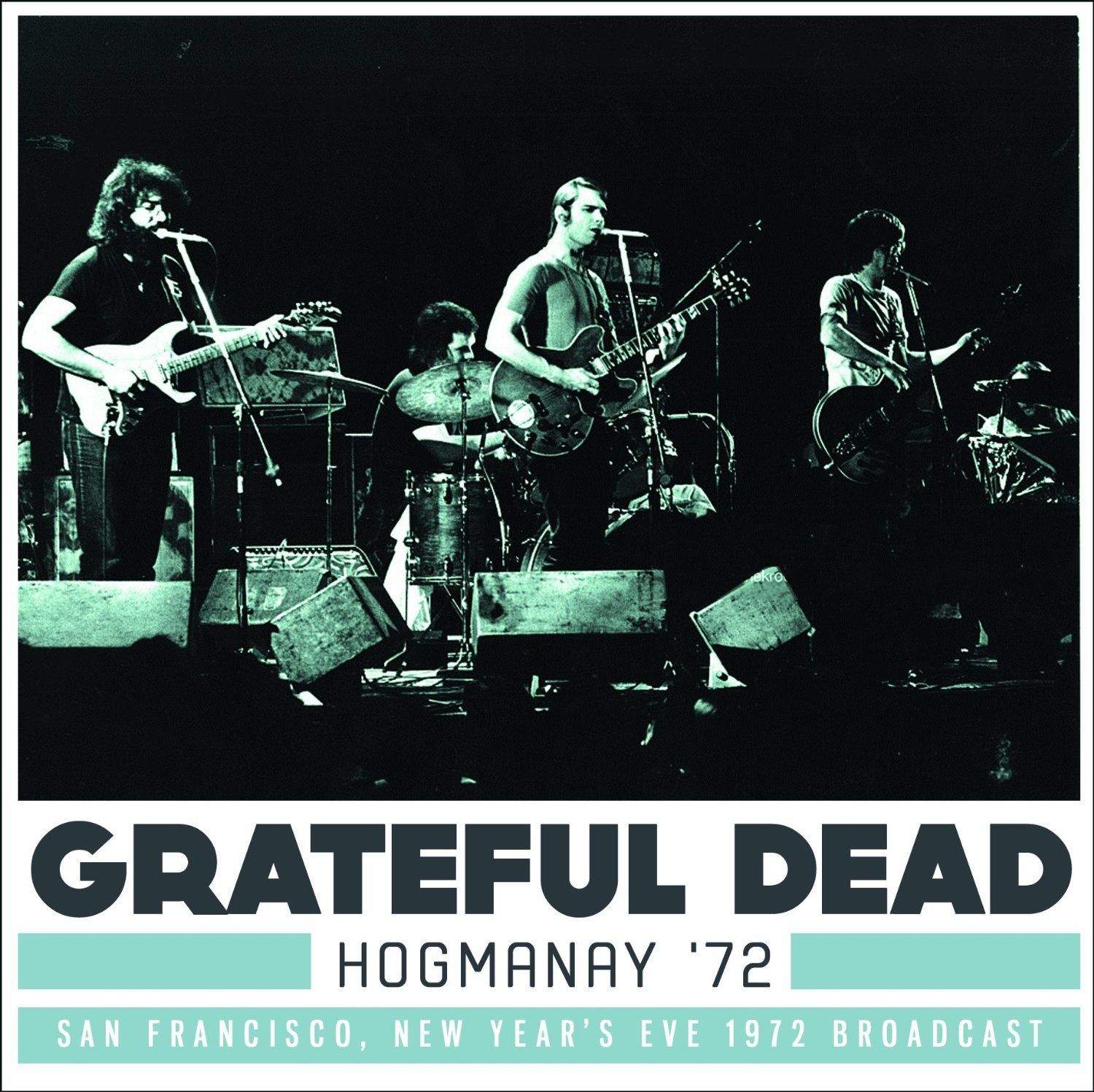

Ironically, as the Dead found more popular success after issuing In the Dark (1987), problems abounded with unruly fans who crashed the concert gates and participated in uncontrolled vending, sometimes even of controlled substances. In his last few years Garcia occasionally wearily commented on the fact that a whole group of people-not just the traveling circus of Dead Heads and unauthorized vendors, but the Grateful Dead ticketing and merchandising industry controlled by the band-were dependent on the Dead. There was another downside to the burgeoning Grateful Dead industry.

However, this collective thumbing of noses at the recording industry came at a price, costing them the respect of critics who saw the band as an aberration and a throwback. From 1973 to 1976 the band also had its own recording company, Round Records/Grateful Dead Records. The Dead fans who answered received concert updates and news that would eventually result in the band's formation of Grateful Dead Ticket Sales, which successfully bypassed music company and corporate control by selling up to half the tickets to concert venues by mail. The Grateful Dead cult started after a call to fans, "Dead Freaks Unite-Who Are You? Where Are You?" was published in the 1971 album Grateful Dead (also known as Skull and Roses). They spawned bands like Phish, which recreated the Dead's spontaneity in improvisation, and in its nomadic fans and epic tours that extended across America and sometimes Europe. Some of the Grateful Dead's first concerts were known as the Acid Tests of the San Francisco Bay area where psychedelic music, visuals, and hippies all came together as harbingers of the raves of the 1990s and the Dead's concerts between the 1970s and the 1990s. I feel like I'm part of a continuous line of a certain thing in American culture…." Like the Beats, the hippies and their house band the Grateful Dead continued the rebellion against the conformist 1950s and the middle class culture that had by and large given birth to them. Jerry Garcia acknowledged this very explicitly in a 1991 interview with Rolling Stone : "I owe a lot of who I am and what I've been and what I've done to the beatniks of the Fifties and to the poetry and art and music that I've come into contact with. The grounding of the Grateful Dead in the American folk tradition contradicts its image as a corrupt purveyor of hallucinatory drugs, but their roots can also be traced to free-spirited Ken Kesey's Merry Pranksters and Beat figures like Neal Cassady. The Dead continued to play folk classics like "Peggy-O," "Jack-a-Roe," and "Staggerlee" until the end. The folk derivation of the name was fitting, since it summed up the roots of the founding members in the bluegrass, blues, and folk music that was performed in the early 1960s by artists such as Bob Dylan and Joan Baez. They kept playing in their various individual bands, however, and in a combined band called The Other Ones, which approximated the Grateful Dead and continued the Dead's summer tour tradition.Īccording to Garcia, he found the name "Grateful Dead" by randomly opening a book and coming upon a dictionary entry describing the legend of those who, returned from the dead, reward a living person who had unwittingly aided them. Pigpen died and the band kept on playing, but with the death of Jerry Garcia the remaining members finally disbanded. Mickey Hart joined the band shortly after its inception, complementing Kreutzmann as a second drummer, left for a while after his father ripped off the band, and later rejoined them. The various members, especially keyboard players, who were to come and go, included Tom Constanten, Donna and Keith Godchaux, Brent Mydland, Bruce Hornsby, and Vince Welnick. Garcia and friends Bob Weir, Ron "Pigpen" McKernan, Bill Kreutzmann, and Phil Lesh formed the band in the San Francisco Bay Area in 1965 after various incarnations as a blues and bluegrass influenced jug band (Mother McCree's Uptown Jug Champions) and a blues/rock ensemble (The Warlocks). Even after Garcia's death in 1995, members of the band continued to tour, in part to satisfy the yearnings of the most dedicated group of fans ever to bind themselves to a musical group, the so-called Dead Heads. The Grateful Dead, with its notorious founding member Jerry Garcia, was a band that epitomized the psychedelic era of American rock 'n' roll music from the 1960s to the 1990s.


 0 kommentar(er)
0 kommentar(er)
